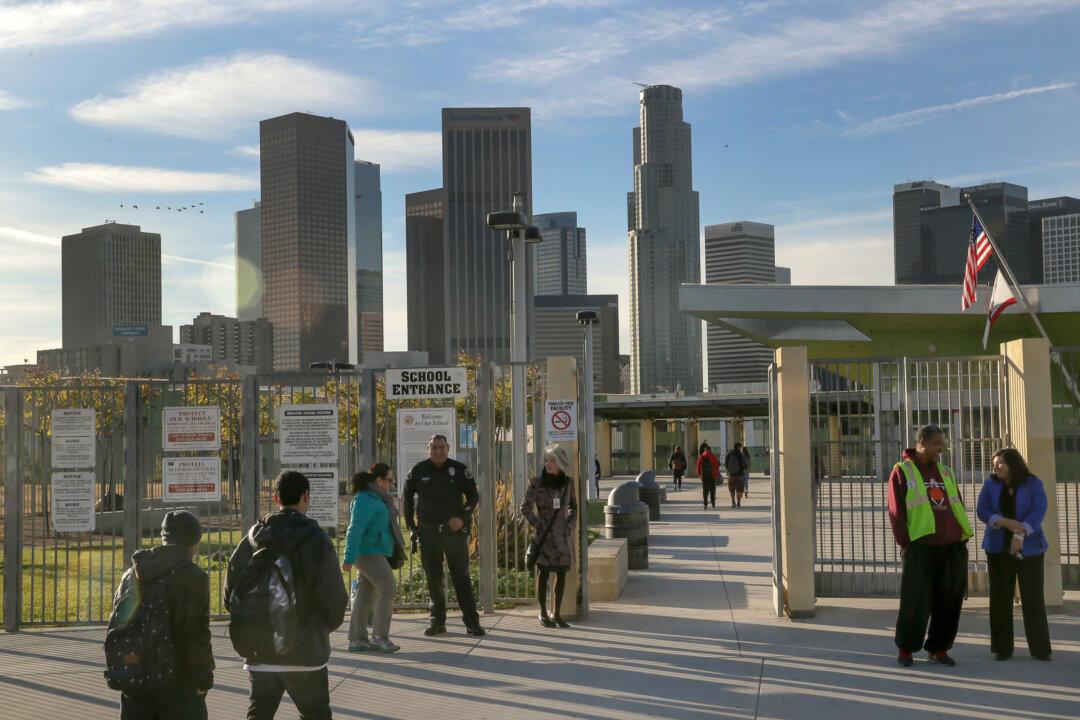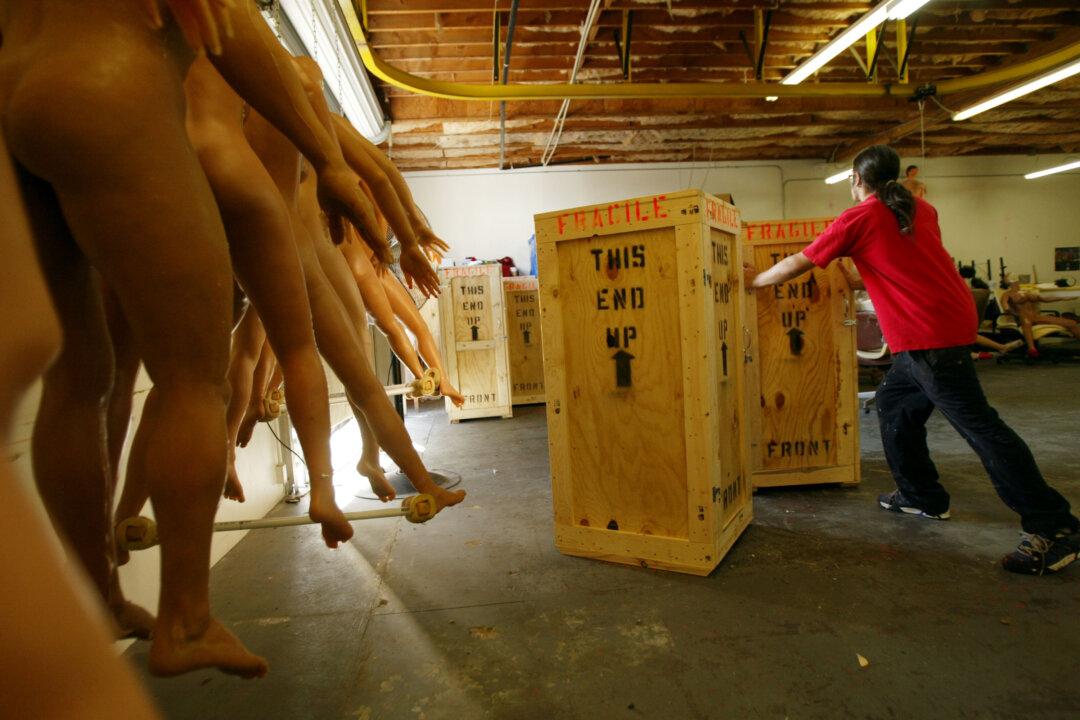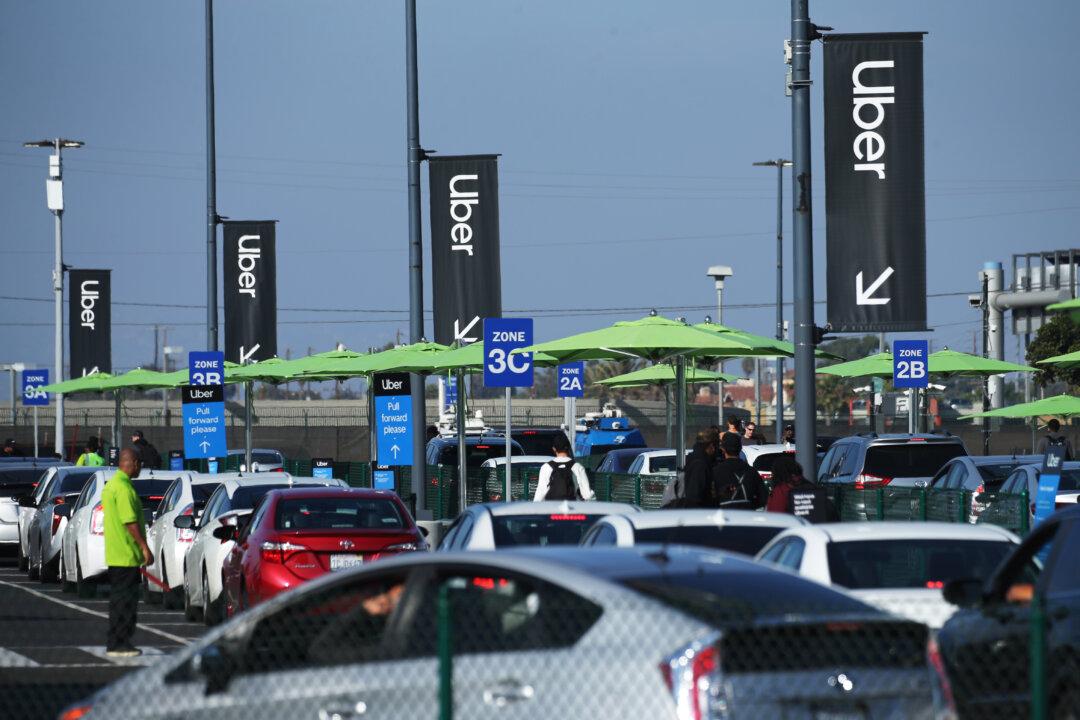The Los Angeles Unified School District has begun researching a potential ballot measure that would allow for non-citizens residing in the district to vote in school board elections.
Board member Kelly Gonez originally introduced the resolution in July that would authorize research into a ballot measure for the 2020 election to extend voting rights to parents, guardians, grandparents, or caregivers of children in the district. Earlier this month, the board voted 6-0 to pass the resolution.





